When the news broke that The Ascott Limited is acquiring Oakwood Worldwide, it came as a surprise to many in the travel fraternity. Logically, it was a solid financial decision as the acquisition increases Ascott’s global presence to more than 150,000 units in about 900 properties across 200+ cities in 39 countries.
Six months after the acquisition, to gain insight into the scenario, we e-interacted with Vincent Miccolis, Managing Director of Middle East, Africa, Turkey & India (MEAT), and Hoshang Garivala, Country General Manager – India, The Ascott Limited, about the MEAT and Indian markets.
What was the main aim of Ascott’s acquisition of Oakwood?
The Ascott Limited, the wholly owned lodging business unit of CapitaLand Investment acquired Oakwood Worldwide (Oakwood), a global serviced apartment provider, from Mapletree Investments in 2022. The acquisition of Oakwood was intended to boost Ascott’s units under management and franchise contracts while accelerating the growth of Ascott’s asset-light business through Oakwood portfolio. The aim has been to build on the strong reputation and heritage of the Oakwood brand, especially in markets across South-east Asia, North Asia and North Africa. The acquisition of Oakwood has increased Ascott’s global portfolio by 81 properties and about 15,000 units.
Can you enlighten our readers on Ascott’s portfolio and brands globally?
With a global presence extending across more than 30 countries in Asia Pacific, Central Asia, Europe, the Middle East, Africa and the USA, The Ascott Ltd has been a successful leader in the serviced residence business. Ascott has strengthened its position as the world’s leading player and operator in hotel apartments, expanding the portfolio to over 1,60,000 units across 900 properties. In India, with the Oakwood acquisition, Ascott has now 6 properties in its current portfolio across the cities of Bangalore, Hyderabad, Pune and Chennai. Globally, The Ascott Limited operates through a wide range of brands, some of which are as follows –Somerset, Citadines, The Crest Collection, Lyf, Quest, Preference, Fox Hotels, Harris Hotels, Vertu Hotels, Yello.
How do you view India as a market?
The Ascott Limited (Ascott), has achieved its target to secure 160,000 units by 2023, with the signing of over 4,000 units in 1Q this year. Ascott has been growing organically well over the last ten years and with the acquisition of Oakwood, India operations had increased significantly. Ascott has restructured and strengthened the team in India and eyes expansion in the markets of Delhi and Goa in coming months. The company is looking forward to putting more effort to explain the concept of their business including the benefits provided to the property owners like lower development costs and better operating margins. Ascott has also signed a few properties in tier II and tier III cities in India considering a bigger share of travel with several industries and IT companies growing in these cities.
The Ascott Limited has opened 20 properties with more than 4,500 units in H1 2022 alone, a 56% YOY increase. In India, with the Oakwood acquisition, Ascott has added 4 properties to the current portfolio across Bangalore, Hyderabad and Pune. The company is also excited to launch four more properties, Ascott Ireo City & Citadines Paras Square in Gurugram, Citadines Arpora Nagoa & Citadines Calangute in GoIn addition, Oakwood will add 6 new properties across Bangalore, Hyderabad, and Vizag.

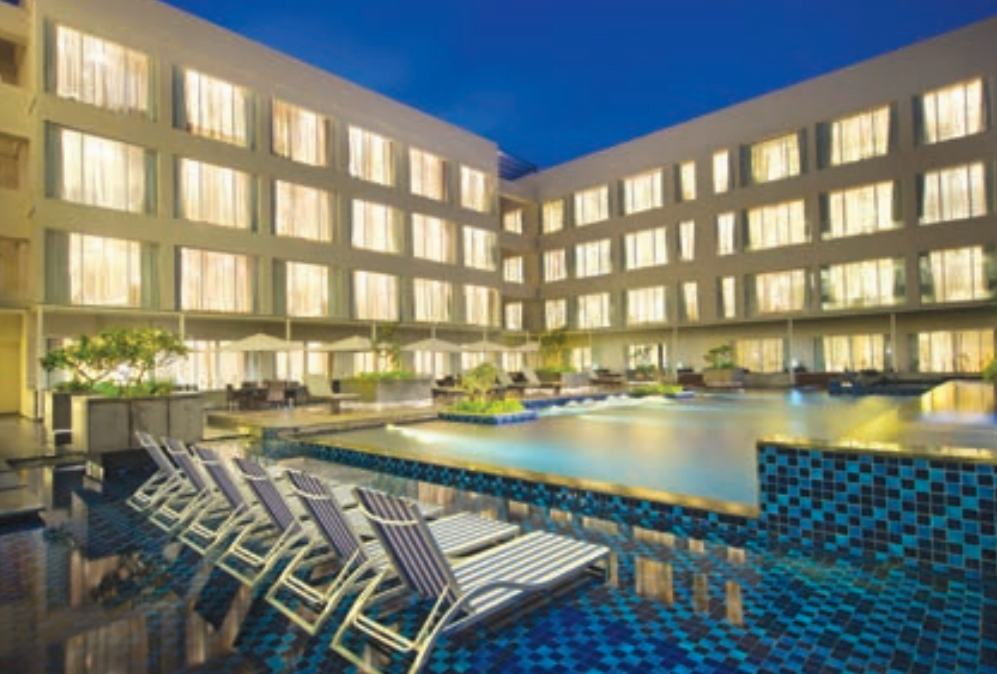
Co-living spaces concept is new to The Indian market. How do you plan to promote it?
The co-living market is taking off in the Asia-Pacific region, including India, as more people migrate to cities for jobs or education opportunities. This is creating new opportunities for real estate developers and investors around the region. Witnessing the considerable peak in demand for co-living spaces within the urbanized, first-tier cities of the region and to cater to these travellers, Ascott came up with co-living brand ‘Lyf’ – offering a dynamic environment for guests to forge connections through a strong sense of community. The Ascott Limited has set a target to sign 150 properties with over 30,000 units under its lyf coliving brand by 2030. Ascott currently has 17 lyf coliving properties with over 3,200 units in 14 cities and nine countries.
Many groups are focusing on ESG & sustainability. What’s the scene at your end?
The Ascott Limited, in India, has implemented the concept of sustainability and green living across its properties. Both the serviced residence properties of Ascott in India – Somerset Greenways Chennai and Citadines OMR Chennai actively place sustainability at the forefront of their operation. In 2022, Somerset brand refresh was unveiled under ‘Ascott CARES’ – a sustainability framework aligned with the growth strategy on environmental, social and governance (ESG) considerations – to reinforce commitment in sustainable travel for multigenerational families, while also ensuring an inclusive, harmonious experience.
On the sustainability front, the properties offer a wide array of energy-efficient and eco-friendly services including using Bubble tops instead of water bottles to reduce single-use plastic, providing access to EV charging points for those who are using electric vehicles for sustainable mobility, using wind energy for electricity, and application of LED in place of light fixtures. Somerset and Citadines Chennai also have an active tie-up with BookWater. Through this collaboration, after 30 uses of a single water can, it is recycled to produce thread, leading to making clothes and bags as end-products. Apart from these, Somerset Greenways Chennai uses wooden key cards that are biodegradable, reusable, and reduce carbon footprint, while Citadines OMR Chennai has started using Air to Water dispensers as an eco-friendly alternative. During the festive season, Ascott also celebrated with a sustainable Christmas tree, enabling the reduction of 100 kg of carbon footprint emission. The Oakwood Residence Whitefield Bangalore has also been certified by the Indian Green Building Council for its sustainable resourcefulness.

When do you expect corporate travel to bounce back, especially with the ‘work from home’ solution becoming popular?
The revival of corporate travel is picking up steam after two tough pandemic years. As many large companies are rolling out return-to-work programs, an uptick in travel is likely to be generated through these initiatives. The shift to more office-based work is contributing to the revival of corporate travel. Although business travel has not yet reached pre-pandemic levels, both aspects of corporate travel – external and internal travel – will be influenced by how workplace flexibility affects required journeys to office headquarters.
Post Covid, how much emphasis is there on health and wellbeing?
Post Covid, the hospitality industry has witnessed a renewed interest in wellness tourism, as travelers are emphasizing health and wellness retreats. There has been a considerable shift in people’s mindset to travel to places that offer health and wellness-enhancing opportunities, moving from simple spa and leisure travel to health and wellness-focused travel.
The Ascott’s Covid-safe operating model actively sought to reduce its environmental impact and be a positive force in its territories around the world while growing as an established company, even during times of disruption. Our Ascott Cares commitment reassures guests that we will deliver stringent hygiene and cleanliness standards and continue to provide safe homes for our guests and a safe working environment for our staff. To strengthen our commitment to cleanliness, Ascott has been awarded the SafeGuard Label from testing, inspection, and certification body Bureau Veritas for our London-based Citadines properties and deluxe four-star Mayfair property, The Cavendish London. The certification confirms that the properties have the appropriate health, hygiene, and safety procedures and processes in place which are in line with globally recognized best practices.
What are your expansion plans for the Middle East, Africa, Turkey, and India?
Middle East, Africa, and Turkey remain a key focus for Ascott’s growth and expansion plan in view of the increasing demand for extended stay offerings and internationally branded serviced apartments in the region. We are therefore committed to further growth, driven by our belief in the huge potential this region holds for quality hospitality supply in the extended-stay concept.
In the Middle East, we strive to deepen our presence in the first-tier cities of Riyadh and Jeddah while we are looking at opportunities to expand into second-tier cities such as Tabuk, Taif, and Yanbu.
As for Africa, our focus is to grow our existing portfolio in the identified countries including Kenya, Ethiopia, and Tanzania in East Africa; Nigeria, Senegal, Cameroon, Ivory Coast, and Morocco in West and North Africa.
Ascott is also set to expand its presence in Turkey and Kazakhstan beyond Istanbul and Atyrau to better service the diverse client base in key cities where business travel is growing, such as Izmir in Turkey and Almaty in Kazakhstan.
What is the future for the serviced apartment sector, especially any new innovations?
Serviced apartments are gaining popularity as people are being exposed to the many benefits of choosing this category over other alternative accommodation solutions. Serviced apartments now offer services well comparable to what a star-rated property offers. The space and size of apartments, flexibility in food and beverage offerings, fully equipped kitchens, heightened privacy, and security services are some of the benefits that score over hotels.
The trend is also picking up amongst non-travelers and people looking for short-term stays. After enduring the pandemic challenges for almost two years, there is an increasing demand for extended trips balancing business and leisure pursuits – which need travelers to maintain their personal lifestyle and comforts in a homely environment instead of a typical hotel guestroom. Also, following the trend of Indians usually traveling together with groups of friends or family, the size of the apartments along with a kitchen and other amenities that distinguish them from hotel rooms become quite beneficial as it allows everyone to meet individual lifestyle preferences without compromising on hospitality excellence.
These factors have raised consumer awareness of staying in a serviced apartment and facilitated the growth of this segment. This concept was already popular in cities like Mumbai, Bangalore, etc., and it is now slowly making an entry into smaller cities of India as well.
Innovations in the serviced apartment sector include the integration of smart home technology, offering personalized guest experiences through mobile apps, and implementing sustainability practices. The use of AI and IoT devices to enhance convenience and comfort, such as voice-activated controls for lighting and temperature, keyless entry, and virtual concierge services, are becoming more prevalent. Additionally, the focus on wellness amenities, such as in-room fitness equipment and access to virtual fitness classes, is also on the rise to cater to health-conscious travelers.





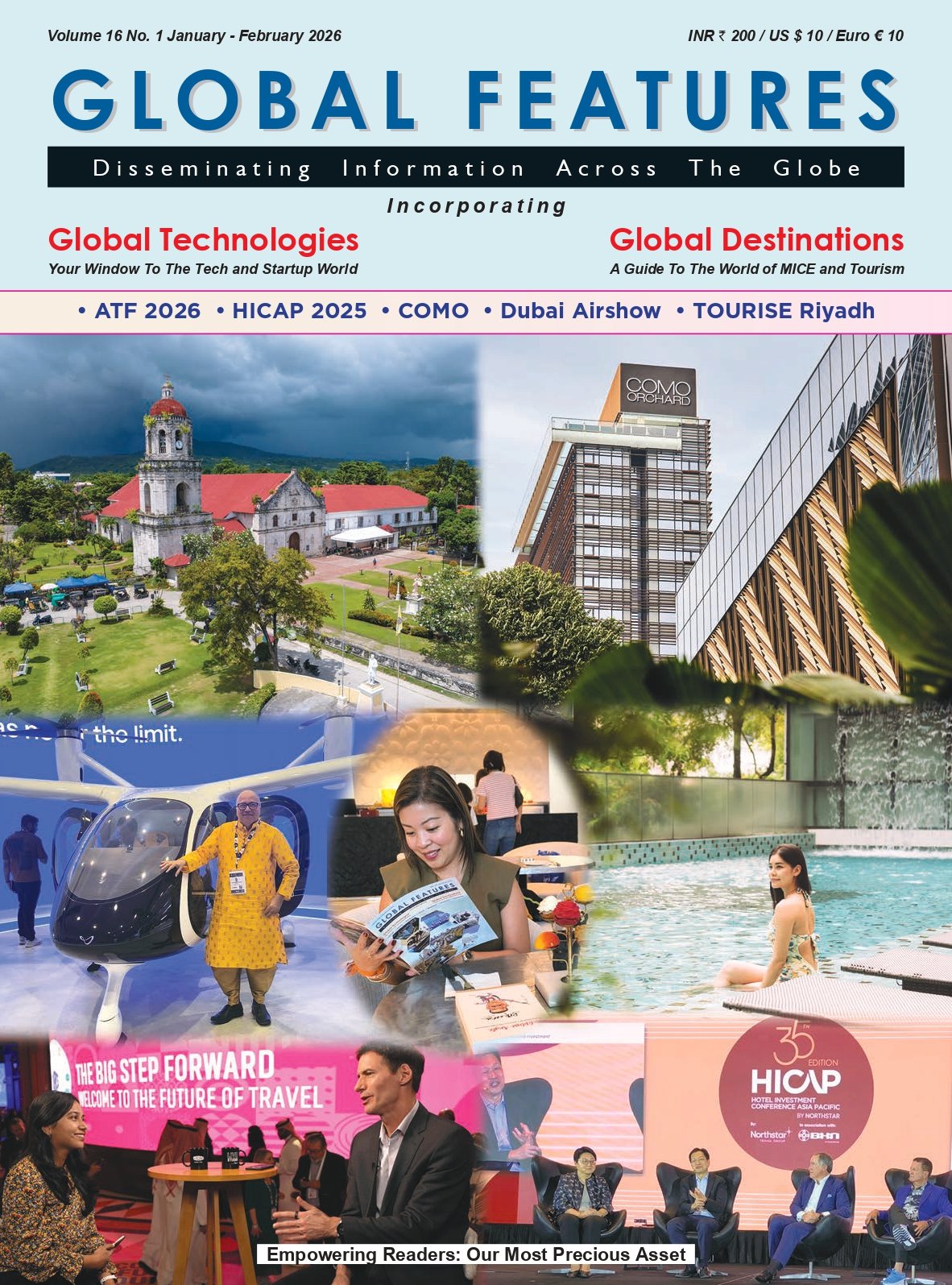
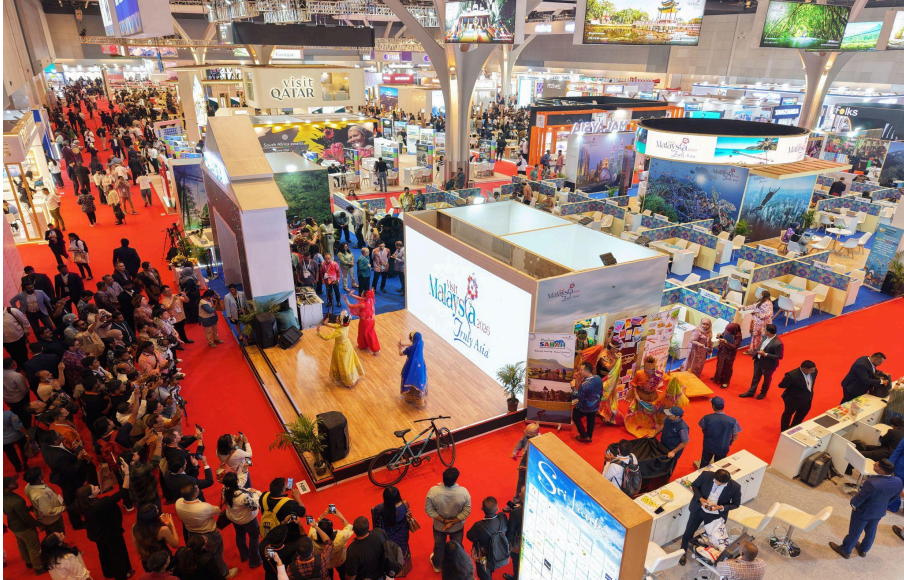
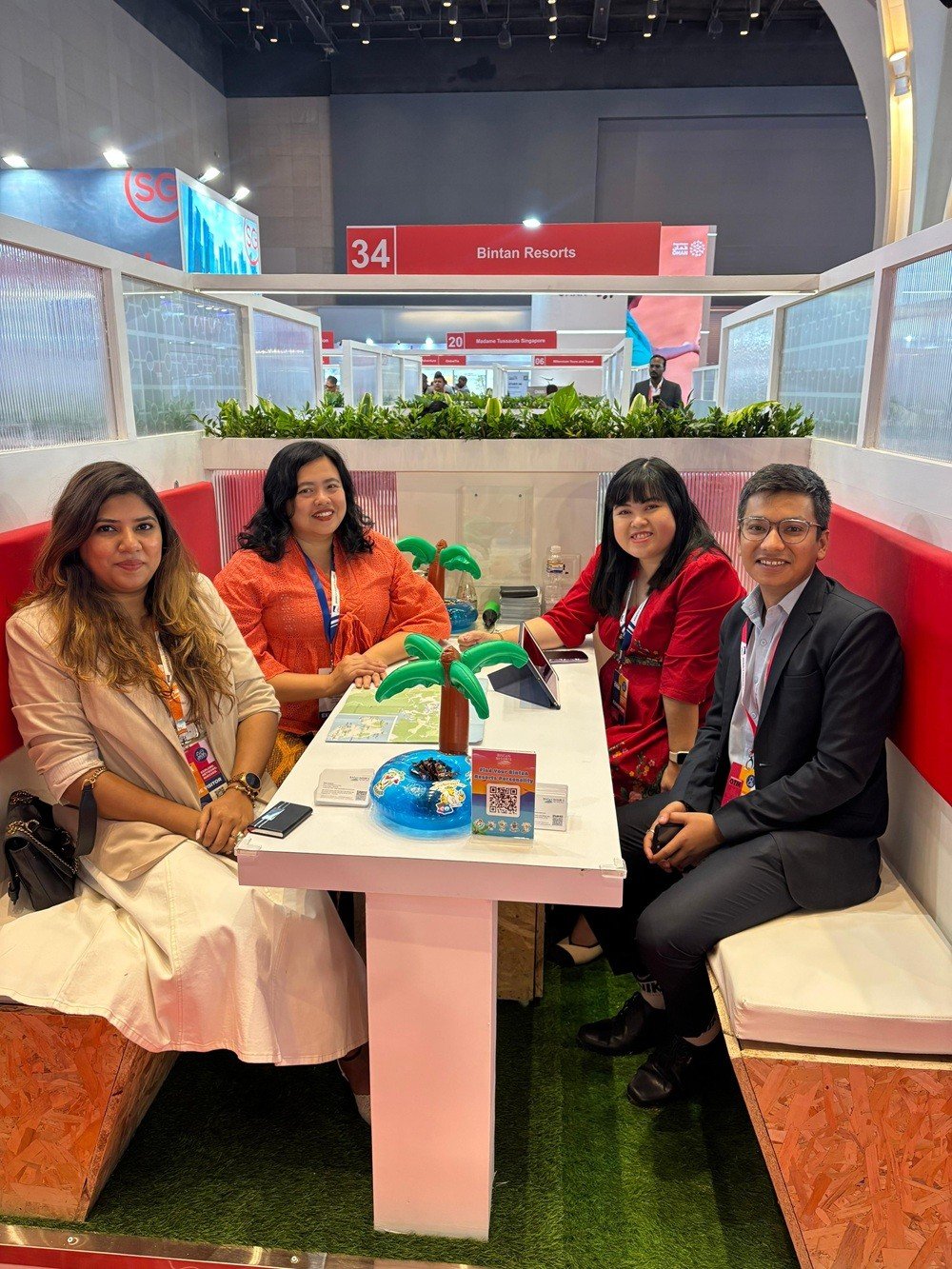

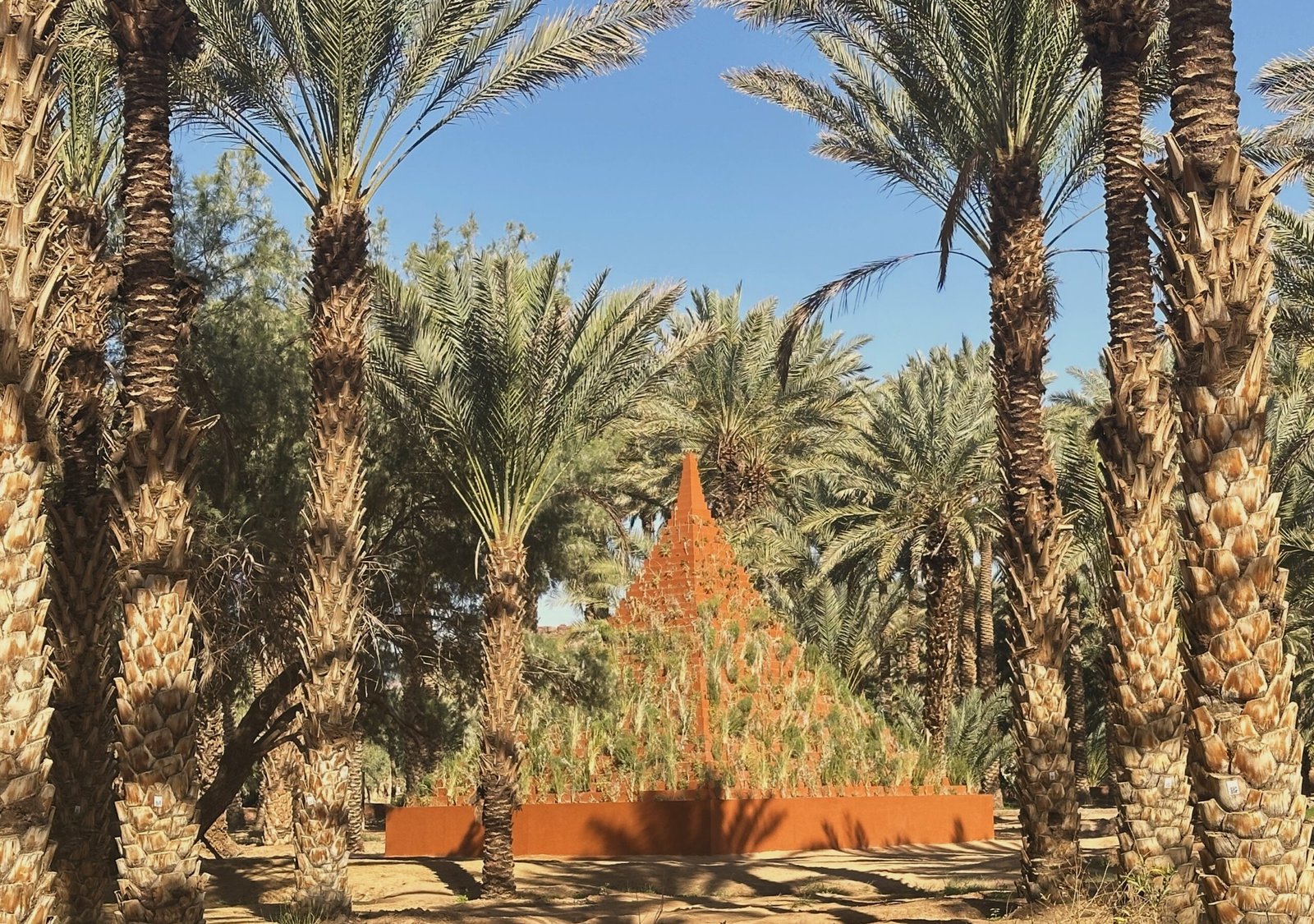

Leave a Reply